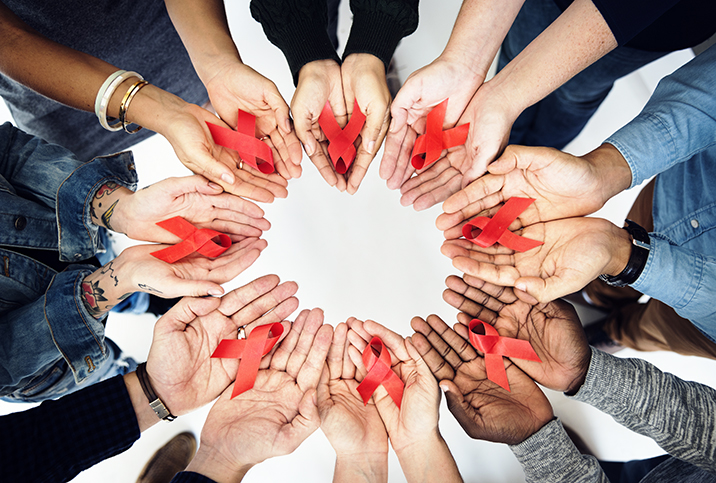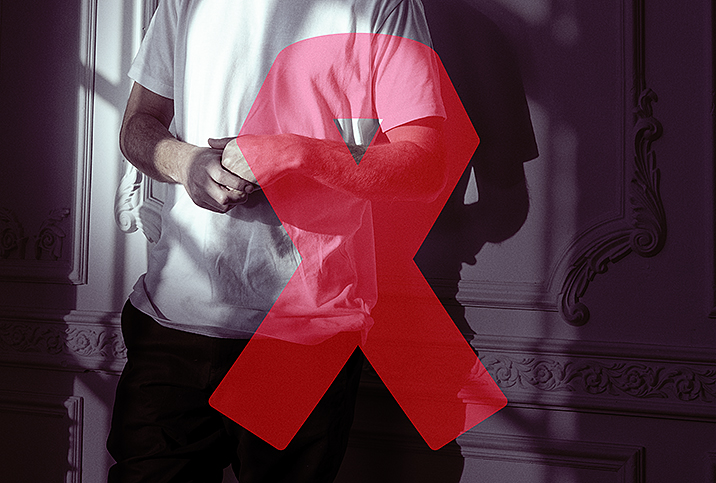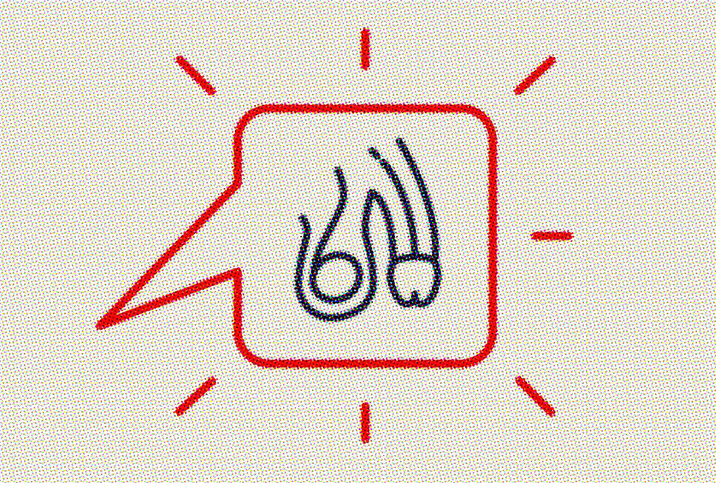How the Normalcy Narrative Harms Newly Diagnosed HIV/AIDS Patients

Due to immense improvements in HIV/AIDS medications and treatments, newly diagnosed patients are often encouraged or assured with language that promises a "normal" life with prompt and proper treatment. While this language is well-meaning, it can be damaging and even fundamentally false for newly diagnosed patients.
Treatment options make it possible for HIV sufferers to live long, relatively healthy lives. But for a person suddenly going from a negative HIV status to an HIV positive (or especially an AIDS) diagnosis, normalcy is in many ways the furthest thing from reality.
How HIV changes lives
HIV and AIDS are highly stigmatized illnesses many people still don't fully understand. The diagnosis is likely to result in fear, uncertainty and an immense spectrum of ethical and personal dilemmas alien to people without a positive diagnosis.
For example, did you know several U.S. states have legislation that effectively allows a person to be criminalized due to their HIV status, regardless of whether or not they maintain undetectable (and therefore nontransmittable) levels of the virus through medication? While there are federal and statewide protections in place to help prevent HIV-positive people from being discriminated against, laws surrounding the disclosure of HIV status, in certain parts of the country, are relatively vague and may discourage those with a diagnosis from pursuing what may be considered "normal" sexual or romantic lifestyles.
Additionally, maintaining an undetectable status with an HIV diagnosis requires daily adherence to one or more medications prescribed by a doctor. Though the quality and simplicity of these medications have improved, they are still expensive depending on various factors, such as a person's ability to qualify and pay for insurance. People with an HIV diagnosis can access multiple programs for assistance in acquiring their medications, but this requires enrollment in programs such as the Ryan White Program.
Aside from various legislative and medicinal issues relating to an HIV or AIDS diagnosis, there are the complicated matters of socialization and health treatments unrelated to HIV/AIDS or biological health. Mental health is an issue of significant relevance to those living with HIV or AIDS, and accessing resources to help manage mental health concerns is not always easy.
Areas of inadequacy
Mental and physical health services specifically designed for those living with HIV and/or AIDS tend to be more abundantly available in larger cities. More than likely, this means HIV/AIDS resources are more readily available if you live in a city or left-leaning political environment.
Despite the fact that most protections for people living with HIV and AIDS are federally sponsored, Washington, D.C., had the most HIV-related deaths just five years ago in the U.S. The states that filled the following four spots on that list (Louisiana, Florida, Georgia and Mississippi, in order of most to least HIV-related deaths) are all conservative-leaning and populated by vast rural areas. These areas of health inadequacy have to do with more than STD testing or typical primary care services.
While PTSD and other conditions that affect mental health are certainly more common or "normal" than some people might believe, it's undeniable the trauma and stigma associated with an HIV or AIDS diagnosis causes significant and unique distress. Diagnosis often correlates (either before or after diagnosis) to any number of problems with substance abuse, depression, self-image and difficulty socializing in healthy and productive ways. Suicide attempts and ideation tend to be more common among HIV positive people than others.
If these are the statistical trends and data sets associated with people living with HIV/AIDS, are we to assume depression, substance abuse and suicidal tendencies are part of the "normal" life patients have to look forward to? Or, alternatively, is there stronger, more concretely supported language that can be used to encourage and support newly diagnosed HIV/AIDS patients struggling to live well?
Alternative language
If we stop using the flawed normalcy narrative in talking to HIV/AIDS patients, it's still important to note this does potentially leave a gap in how medical providers, friends and family are able to communicate. If you are working or talking with someone who recently received a positive diagnosis for HIV/AIDS, here are a few terms to consider rather than "normal": healthy, balanced, longevity, social, familiar, routine, prosperous and abundant.
These are all effective terms to be used in situations when "normal" might feel unrealistic.
How to use these terms
It's hard to determine what "normal" means to a particular individual. It's important we avoid vague language in general, but especially when talking to someone dealing with stigma, new health hurdles and significant changes to dating.
Normalcy is simply a shortcut for describing a life that is familiar, balanced, healthy or founded in routines. We use the word "normal" when we want to assure someone their life can still be filled with prosperous opportunity, abundance and satisfying social interactions. However, by shading all of these aspects of life with a single, monotone descriptor, you potentially shine a bright light on the aspects of a person's life that no longer feel normal.
Mental health and social support services are crucial. While not every friend or family member can be expected to provide excellent or even adequately sufficient language for dealing with a difficult diagnosis, specifically trained individuals and care centers/groups help fill the void. This is why it's tremendously important for people living with HIV/AIDS to have access to comprehensive medical and social support networks. If you or someone you know has recently been diagnosed with HIV or AIDS, please rest assured such services do exist, and though they may not be readily available in your county or state, there are organizations and programs specifically set up to address people's needs.
Talking to a case manager, doctor or social worker can lead you to lifesaving counseling options or helpful support groups and activities.


















